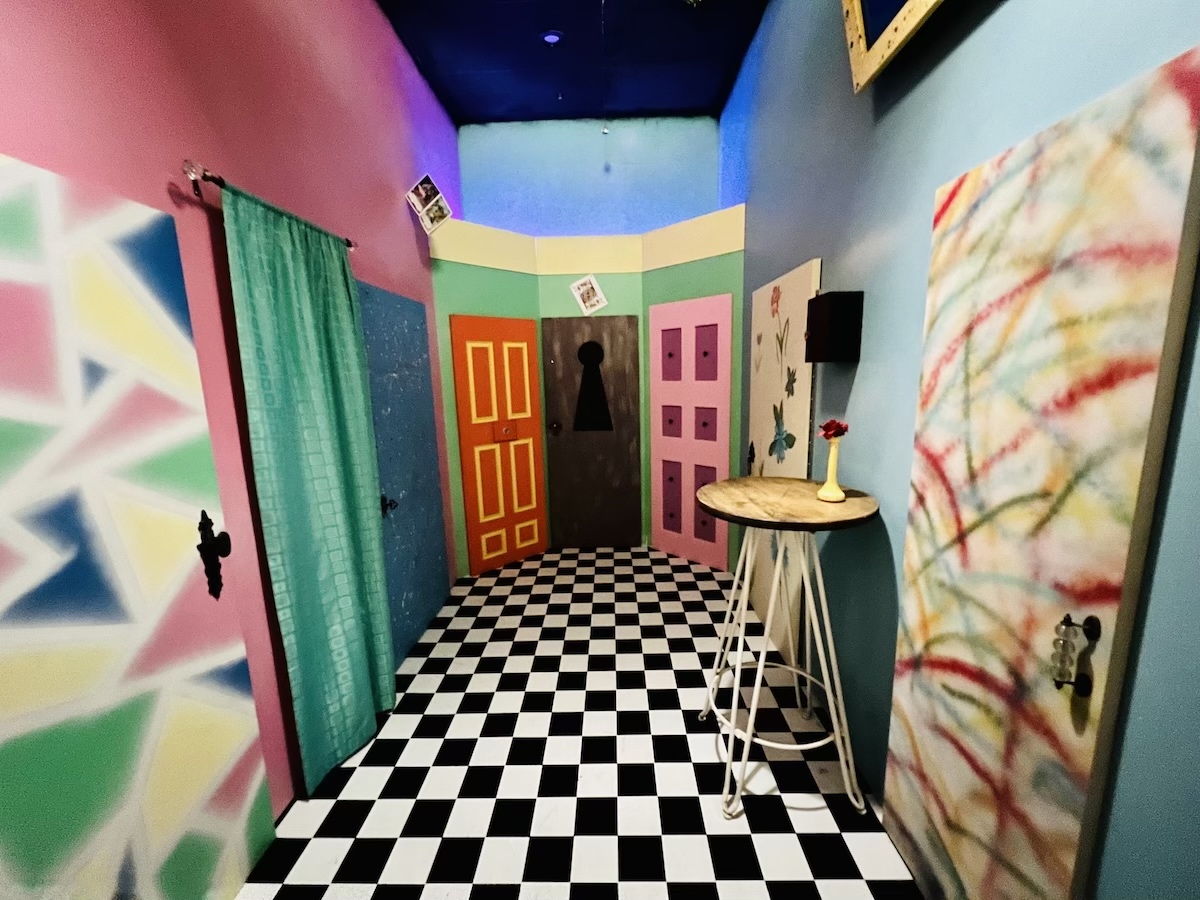Team Techniques: Exactly How to Work together Effectively in an Escape Room
Teams must actively listen to each participant's insights, appoint roles that straighten with private toughness, and preserve regular check-ins to make sure emphasis and protect against redundancy. By cultivating an atmosphere that values communication and adaptability, teams can considerably increase their effectiveness and success rates.
Establish Clear Communication

To facilitate clear interaction, it is necessary to designate a main point of get in touch with for details circulation. This function entails summarizing findings and proposed techniques to guarantee every person remains on the same page. Furthermore, embracing an organized strategy to conversations can prevent chaotic exchanges. As an example, short, focused updates from each employee can maintain the team informed without frustrating them with info.

Appoint Functions Tactically
While clear communication establishes the foundation for efficient synergy, assigning functions purposefully makes sure that each staff member's toughness are made use of effectively. In a retreat room circumstance, the time-sensitive and complex nature of difficulties requires a well-organized approach to task delegation. By recognizing and leveraging specific competencies, groups can enhance their problem-solving capabilities and boost total efficiency.
A person with a keen eye for information could succeed in finding covert things, while a logical thinker might be much better suited to addressing challenges. This role frequently calls for strong business and social skills.
Second, make certain that roles are versatile and adaptable. As brand-new challenges emerge, the group needs to have the ability to pivot, reallocating tasks as called for. This adaptability helps keep momentum and stops traffic jams that might take place due to stiff function jobs.
Eventually, a strategic method to function task not only optimizes the staminas of each staff member however additionally fosters a natural setting, driving the group towards an effective retreat.
Use Diverse Skills
Recognizing and using the varied abilities within your group can considerably boost your efficiency in an escape room. Each employee brings one-of-a-kind staminas to the table, and properly leveraging these capacities can accelerate problem-solving and improve general efficiency. A group member with solid analytical abilities might stand out at understanding complicated codes or patterns, while another with keen observational capacities might quickly spot concealed clues that others could ignore.
Motivate group participants to articulate their insights and concepts promptly, guaranteeing that here are the findings all possible remedies are thought about. In addition, assigning jobs that align with each member's toughness can prevent traffic jams and make sure that progression is continual.
In addition, variety in abilities commonly equates to variety in thinking styles, which is indispensable in an escape room setting. While some obstacles might need sensible reasoning and precision, others could gain from creative and lateral reasoning. By identifying and leveraging this diversity, groups can address a broader variety of obstacles better, consequently increasing their possibilities of an effective getaway.
Manage Time Efficiently

Identify visible challenges and split tasks based on team participants' staminas, making sure that no one is idle. This practice can assist maintain the group concentrated and stop time from slipping away undetected.
Additionally, avoid tunnel vision. If a challenge is taking also long, turn employee or carry on to an additional challenge, returning later with fresh perspectives. Communication is critical-- keep every person upgraded on fixed puzzles and continuing to be tasks to avoid repetitive efforts.
Finally, utilize any type of hints or hints sparingly yet tactically - best escape room. Knowing when to request help can save beneficial time. By adhering to these time monitoring principles, groups can substantially improve their possibilities of an effective and satisfying retreat room experience
Debrief and Mirror
Reflection is a necessary aspect of team development and improvement in the context of retreat rooms. When the obstacle is completed, whether successfully or otherwise, it is crucial for the team to participate in a structured debriefing session. This process permits employee to analyze their performance, recognize toughness, and pinpoint areas for enhancement.
Start the debrief by reviewing what went well. Highlight certain circumstances of reliable communication, problem-solving, and partnership. Acknowledging these favorable actions reinforces them and motivates their repeating in future obstacles.
Review minutes of complication, miscommunication, or inadequate approaches. Urge an open and positive discussion where group participants can share their point of views without worry of criticism.
Final Thought
To conclude, effective cooperation in a retreat area is based upon clear interaction, calculated function projects, the effective application of varied abilities, and skillful time management. Routine check-ins and structured debriefings are important for that site maintaining emphasis and promoting constant improvement. By developing a natural and adaptive group atmosphere, the possibility of efficiently fixing challenges and achieving the purpose of running away the space is considerably enhanced. This strategy not only ensures success however also advertises collective growth and learning.